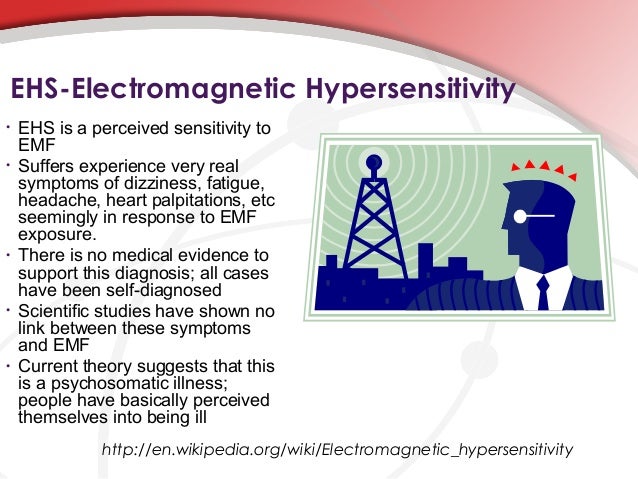EMF sensitivity (EMF sensitivities) refers to a state that occurs when a person has a strong sensitization to the electromagnetic fields around him. It isn't restricted to environments in which there is no electric current, but may affect people who have an open circuit, or who are subject to magnetic fields over long periods of time. The Environmental Health Center Dallas has a comprehensive understanding of the reasons behind EMF sensitivities, and is able to assist patients with their symptoms. The center has the ability to perform tests to determine if an individual is susceptible to EMF exposure. This can be done with new technology that can measure heart rate variation.
IEI-EMF sensitivity is a symptom of emf exposure
Electromagnetic pollution and the generated electromagnetic fields have been linked to the onset of a number of ailments. The signs are usually difficult to recognize, and some people have reported a wide variety of symptoms. It could be because of pre-existing conditions or an ailment caused by the prospect of exposure to extreme levels in electromagnetic field. Whatever emf sensitivity symptoms , the symptoms can be very debilitating to individuals who experience them. Despite this, the scientific community isn't certain of how prevalent the IEI-EMF sensitization syndrome is and the extent to which it is widespread.
It is not a symptom of electrohypersensitivity
While the symptoms of electrohypersensitivity and EMF sensitivity are similar, there are some key differences. Electromagnetic hypersensitivity is frequently not understood, and the symptoms may vary. It is important to get an accurate diagnosis in order to determine the root cause and possibilities for treatment.
It is not a symptom of EHS
While EMF sensitivities are not an underlying sign of EHS but it is commonly related to the disorder. Indeed, some studies suggest that the condition may be related to environmental and genetic factors rather than a specific physical disorder. Despite this it is still necessary to conduct more research to draw definitive conclusions.
It can be perplexing
The symptoms of EMF sensitivity can be perplexing. Most EHS sufferers aren't able to think their condition is due to a particular source. They seek medical help but are unable get a definitive diagnosis. The result is that they could be suffering from an underlying mental disorder, and leads to an increase in feelings of anxiety and helplessness.
It can be frightening
Electromagnetic fields or EMFs, can be terrifying. https://fuglsang-anthony-3.blogbright.net/information-about-electromagnetic-field-sensitivity-1680317486 have reported experiencing uncomfortable symptoms after exposure to these fields, which are produced by devices like Wi-Fi routers and mobile phones. The symptoms can range in severity, and in severe cases, people have to avoid electric devices and fluorescent lighting. In extreme cases, sufferers may even withdraw from modern society altogether and live in isolated communities called "EMF-free zones".
It is a good supplement to melatonin production

One of the most vital hormones that the body produces Melatonin is a hormone that is produced in the pineal gland. It plays a role in a variety of biological functions, such as circadian rhythm regulation. But its function as a protection factor against non-ionizing electromagnetic fields has been in doubt, largely due to inconsistency in results from different studies. To date, our knowledge of the hormone's protective mechanisms is largely based on our understanding of the mechanism by which it works to protect the body from the oxidative stress caused by RF/ELF exposure.
It can aid with autonomic nervous system issues.
Several studies show that EMF sensitivity can affect the autonomic nervous system. emf sensitivity suffering from the condition may experience altered autonomic responses and experience digestive issues. There are some patients who have trouble digesting food properly or may pass out when they eat a smaller portion. Other patients may notice changes in body temperature, and suffer from heat intolerance. These issues are typically related to other health issues, such as diabetes.
